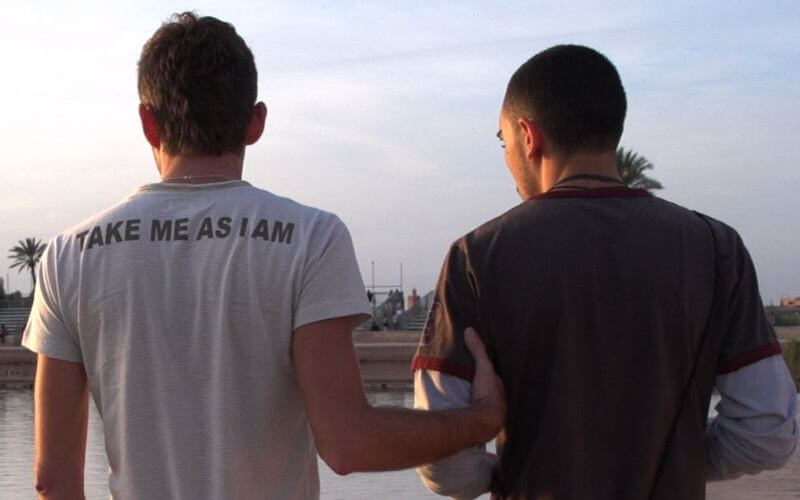Morocco Faces Pressure to Decriminalize Homosexuality as Penal Code Reform Looms

In recent weeks, human rights defenders have spoken out, calling for the outright repeal of laws criminalizing adultery and homosexuality in Morocco.
For human rights organizations, in addition to "adultery and homosexuality", parliamentarians must also examine the issue of the right to abortion. Indeed, they are examining a reform of the Penal Code without "major change" in its current version, reports francetvinfo.net. The legal troubles of journalist Hajar Raissouni have notably helped to relaunch the question of individual freedoms which continue to fuel the debate. The 28-year-old reporter had been sentenced in mid-October to one year in prison for "illegal abortion and sex outside of marriage", the same media adds, noting that the journalist has finally been pardoned by the king.
From then on, the struggles intensified to bring the parliamentarians to consider all these events and to legislate in favor of individual freedoms. This is the wish of the Moroccan collective of Outlaws. After filing a petition in Parliament, to demand the withdrawal from the Penal Code of "all criminal offenses relating to individual freedoms", this collective has also launched the "Love is not a crime" campaign on social networks, hoping to collect the 5,000 legal signatures required for the petition to be discussed by the parliamentarians. As if to lend credence to the fight of these civil society associations demanding the repeal of all laws criminalizing individual freedoms, Human Rights Watch has endorsed their "innovative" and "bold" recommendations.
It must be emphasized that while in their current state, the texts punish sex outside of marriage with one month to one year in prison, adultery and illegal abortion with one to two years, and homosexuality with six months to three years, according to official figures from last year, 14,503 people were prosecuted by the justice system for "debauchery", 3,048 for adultery, 170 for homosexuality and 73 for abortion, knowing that between 600 and 800 clandestine abortions are performed every day in Morocco, notes the same source.
Meanwhile, while civil society denounces these laws, the chairman of the parliamentary committee tasked with examining the text, Taoufik Mimouni, said that "the procedure has not provided for opening the debate on individual freedoms." For their part, the conservatives, like the leaders of the Party of Justice and Development (PJD) of Prime Minister Saad-Eddine El Othmani, there is "no intention to repeal" the laws in question, affirmed the PJD parliamentarian Boutaina Karouri. In short, the conservatives "oppose any relaxation on traditional moral values in a country where Islam is the state religion."
The Federation of the Democratic Left (FGD) stands out as the only one to present amendments in favor of individual freedoms. "Our role is to find solutions. The average age of marriage in Morocco is 28, we have thousands of unmarried young people, sending them to prison is not the solution," said FGD deputy Omar Balafrej to AFP.
Related Articles
-

Quebec’s International Student Crisis: UQAM Faces 39% Drop as Government Policies Spark Global Concern
5 September 2025
-

Surge in UK Train Phone Thefts: One Device Stolen Every 44 Minutes, Many Ending Up in Morocco
5 September 2025
-

French Retirees Abroad Face Digital Revolution: Biometric App Replaces Traditional Proof of Life
5 September 2025
-

Fake Colonel Arrested: Massive Fraud Scheme Uncovered in Morocco’s Southeast
5 September 2025
-

Royal Rift: Macron and Morocco’s King Clash Over Pegasus Spyware Scandal
5 September 2025